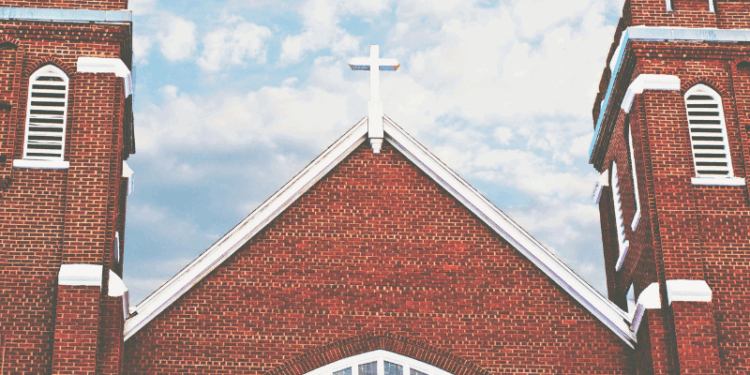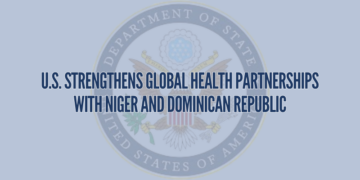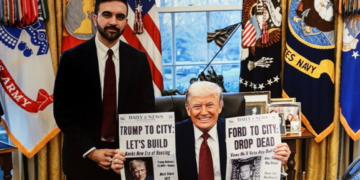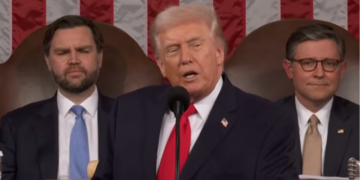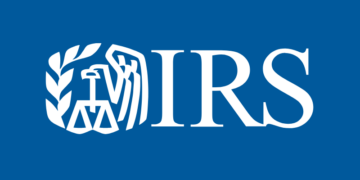The Internal Revenue Service (IRS) announced on Monday, July 7th, that churches can endorse political candidates during services without risking their tax-exempt status. The policy change was disclosed in a court filing in the U.S. District Court for the Eastern District of Texas.
This shift revises the enforcement of the Johnson Amendment, a 1954 tax code provision prohibiting tax-exempt organizations, including churches, from engaging in political endorsements. The IRS now asserts that speech made during religious services, when connected to faith practices, does not constitute prohibited political activity.
The policy update emerged as part of a joint motion involving the IRS, the National Religious Broadcasters, and two Texas churches, Sand Springs Church in Athens and First Baptist Church in Waskom. The plaintiffs filed suit challenging the constitutionality of the Johnson Amendment, arguing that it violates their First Amendment rights to free speech and religious expression.
According to the motion, the IRS now views “communications from a house of worship to its congregation in connection with religious services” as protected religious speech, not campaign intervention. A final court decision on the motion is pending.
Legal analysts suggest the IRS’s new position could embolden more religious groups to participate in political discourse. Critics have long targeted the Johnson Amendment, with President Donald Trump repeatedly calling for its repeal. The American Civil Liberties Union (ACLU) has also commented on the potential implications of weakening the separation between church and state.
Although the amendment remains in the tax code, the IRS’s updated interpretation marks a departure from longstanding enforcement practices. If the court approves the proposed consent judgment, it would prevent the IRS from applying the Johnson Amendment against the two churches involved in the case, possibly setting a precedent for others.
The decision may prompt further IRS guidance on political activity for nonprofits and renew debate over the role of religious institutions in electoral politics.

